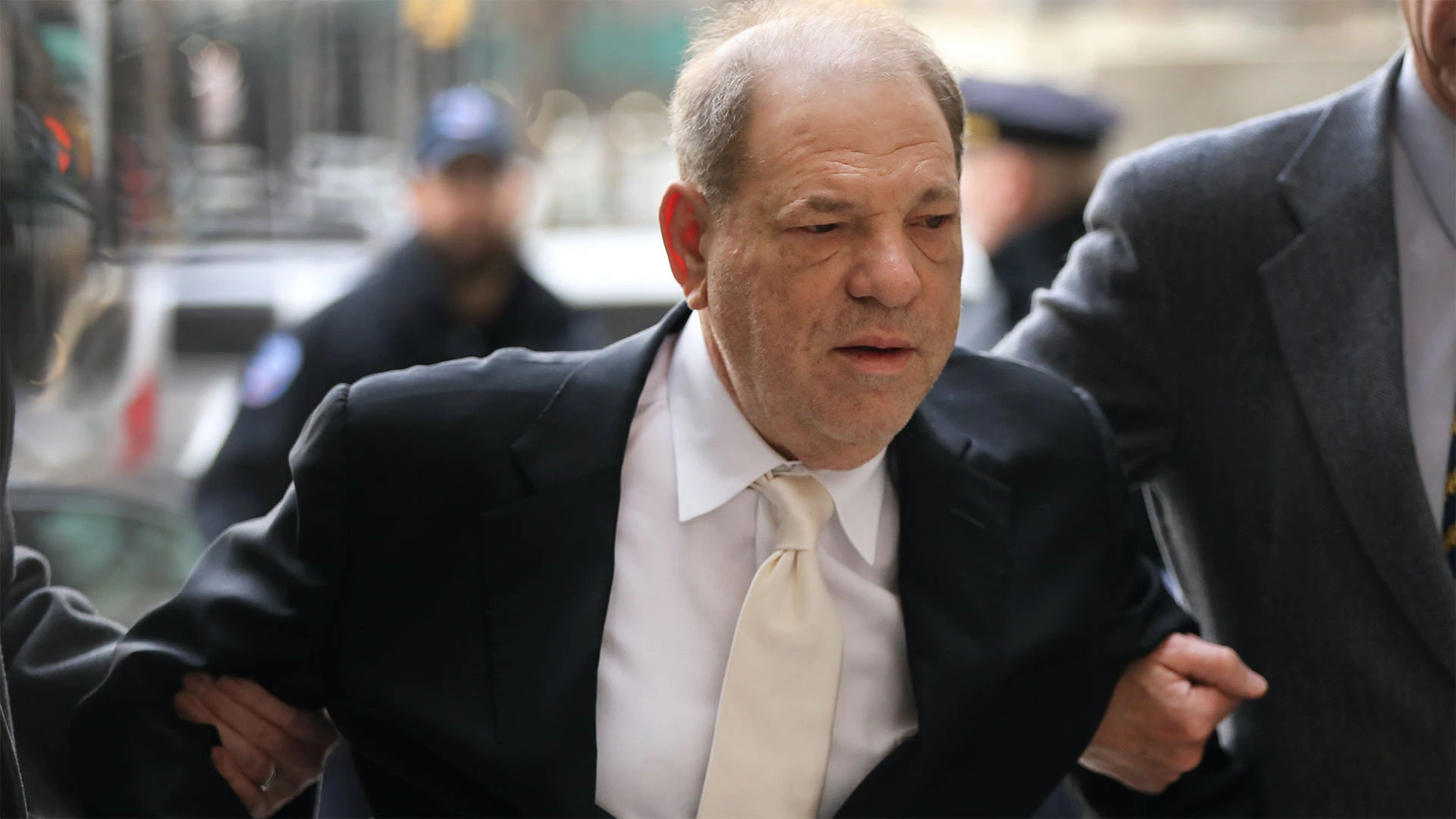Harvey Weinstein trial to begin in LA, may face up to 140 years
The trial is due to last for weeks, as witnesses or their representatives may be called upon to testify for the allegations against the producer's predatory practices in Hollywood.
-

Former Hollywood producer Harvey Weinstein (Variety)
One of California's courtrooms will become the center stage for the trial of Harvey Weinstein, Hollywood's notorious mogul-turned-sexual-predator who battles 11 sexual assault charges for attacks against five actresses between 2004 to 2013 - among the charges are forcible rape, non-consensual sexual intercourse, forcible oral copulation, sexual battery and forced sexual penetration.
Weinstein has been in prison since February 2020 after he was charged on account of raping one woman and engaging in a criminal sex act for forcing oral sex on Miriam Haley, a former Project Runway production assistant. Although a New York judge sentenced him to 23 years in prison, Weinstein has long claimed innocence and denied the allegations.
He has recently attempted to have his conviction rescinded after being allowed to appeal but was shut down by a panel of five judges. Weinstein’s lawyer, Mark Werksman, said: “All of the allegations against Mr Weinstein are either fabricated, or they result from consensual sexual relationships that his accusers now falsely characterize as sexual assaults".
The trial's jury selection begins on Monday, October 10 in Los Angeles, and the trial is anticipated to go on for weeks. If Weinstein is convicted and found guilty on the charges, he will face up to 140 years in prison.
This marks five years after the burst of the #MeToo movement which was sparked by reports in the New York Times and the New Yorker, whereby approximately 90 women spoke up and accused Weinstein of sexual violence and harassment in events that go back to the 1970s.
Among the actresses that spoke up and filed cases against the producer were Rose McGowan (known for the series Charmed), Gwyneth Paltrow, Cara Delevingne, Minka Kelly, Angelina Jolie, Uma Thurman, and Heather Graham.
Misogyny and sexual abuse towards women have been a prominent controversy since the #MeToo movement gained momentum in 2017, starting in Hollywood and moving to the fields of politics and sports. This trajectory exposed the toxic and unjust environment that women and girls in the US have to deal with on the basis of their gender all while having to fear risking their careers by submitting to derogatory, abusive, and demeaning ways by individuals who are supposed to be their mentors - be they coaches, directors or bosses.
Other producers and actors have been found to have joined the ring of power abuse in Hollywood, such as actors Bill Cosby and Kevin Spacey, rapper R. Kelly, NBC's Matt Lauer, socialite Jeffrey Epstein, British Prince Andrews and That '70s Show actor Danny Masterson. Prince Andrew's victim, Virginia Giuffre, said he had sexually abused her when she was 17 years old and a minor under US law. She had met him through the late convicted pedophile Jeffrey Epstein and his infamous accomplice, Ghislaine Maxwell who was sentenced in June to 20 years in jail on sex trafficking and sexual assault charges.
The sports arena has witnessed such scenarios recently and increasingly - an investigation commissioned by the United States Soccer Federation has found, after a year-long probe, that the National Women’s Soccer League (NWSL) has been infested with cases of sexual misconduct and abuse, harassment, and assault. Following numerous accounts of sexual harassment, coercion, and assault brought forward by US female soccer players, the investigation found examples including but not limited to coaches performing sexual acts in front of their players without consent, coercing them into sexual relationships and harassing them during training.
The report even found that the soccer teams, the NWSL, and US Soccer, did not adequately succeed in safeguarding the environment for the players to feel safe about excelling in their careers. Many players were threatened to have their careers put to an end and publicly humiliated if they did not meet the demands of the coach or if they did not have sexual relations with them. This led many players to stay silent about the incidents for fear of retaliation.
Industries feeding ideologies of misogynistic behavior, victim-blaming, and sexual objectification encourage and normalize directly and indirectly these behaviors among generations that are increasingly reliant on media as the dominant source of knowledge and information.

 4 Min Read
4 Min Read








